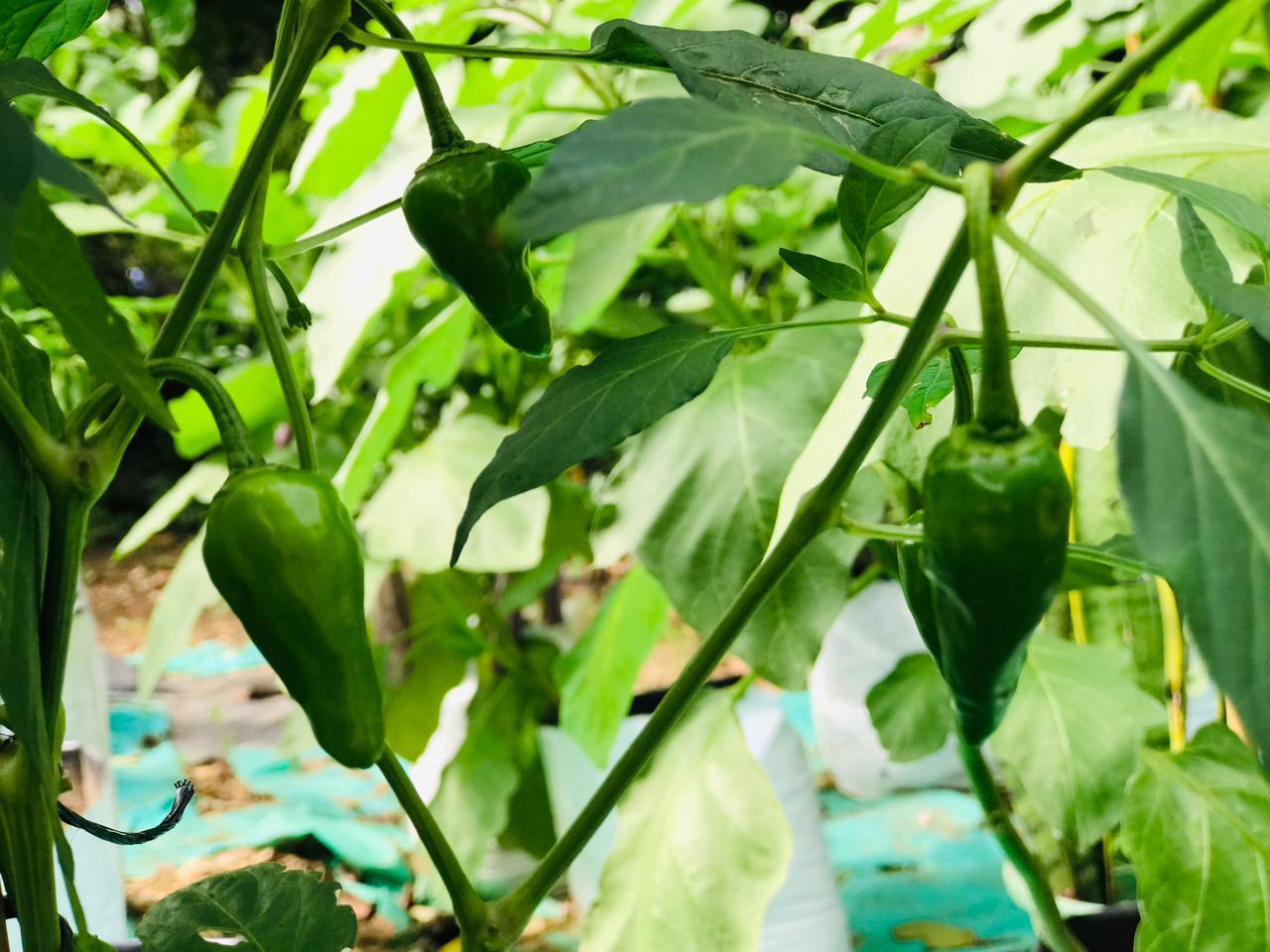
Our Analysis:
Sri Lanka as a Canary in the Coalmine
As recently as 2020 Sri Lanka was a middle-income poster-child for the successes of the “free market” and one of the most affluent and well-educated “developing nations.” Almost overnight, the nation was reduced to widespread poverty and hyperinflation. Now, almost one third of the people suffer from food insecurity and half of all families reduce their Childrens’ food intake. In the face of climate change and capitalist extraction, Sri Lanka needs systemic change. Only a progressive, grassroots, alternative economic model can allow Sri Lankans to pursue sovereignty and self determination.
After independence, Sri Lanka developed self-sufficiency against all odds. For decades, it was a state – however flawed – that gave its citizens universal access to food, education, and healthcare, built on the foundation of a strong labor movement. Starting in 1977, wave after wave of corrupt politicians worked under the guidance of the World Bank and International Monetary Fund, and together with local and international companies to sell off Sri Lanka’s nature and workers to the highest bidder – or briber. Now, the island nation has become almost completely dependent on Western tourists and Western companies while polluting their air, their beaches, and their jungles. Western factories now underpay women without rights to make high-end clothing and impoverished men who break their backs for pennies in mines once owned by Sri Lankans themselves.
Sabaragamuwa, where we work, has an immense amount of natural resources in the ground and healthy, arable land to farm. Yet, its mines are owned by foreign investors and rich locals who do not pay taxes. Its schools are underfunded, its gound-water polluted, and its farmers stuck in cycles of ever-increasing debt. As a result, its people are malnourished, impoverished, and forced to trade away their rights in exchange for the promise of supporting their families from abroad.
In the midst of all of this, funds flood in from international, undemocratic and unaccountable development agencies who promise to provide some aspects of what the Sri Lankan state used to, so long, that is, as Sri Lanka continues to do as the World Bank and IMF say. Instead of working to support Sri Lankan self-sufficiency, these organizations generally keep Sri Lanka dependent and help open it up for more exploitation.
All around the world, countries that have been made to follow the same economic structure as Sri Lanka are teetering on the brink of collapse, while stuck in debt-traps, and yoked to the whims of their former colonizers.
Sri Lanka, like all other nations, has a right to an economic base that is environmentally sustainable, feminist, inter-religious, anti-racist, anti-castist, and rooted in local traditions. All of its people have a right to dignity, to self-sufficiency, and to Lovingkindness.
InMetta aims to support the flourishing of the Sri Lankan people through supporting ongoing efforts to develop alternative economic and social projects that get at the roots of the current crisis. We have longstanding roots with community leaders among the most impacted people in one of the poorest regions of the country. In the short term, we commit ourselves to supporting emergency relief efforts for devastating economic and ecological disasters. In the long-term, we commit ourselves to developing sustainable, democratic projects that support the movement of Sri Lankans towards self-sufficiency and resilience through the building of a cooperative infrastructure in the Sabaragamuwa province.
Further Reading:
The Ongoing Crisis:
- Sri Lanka’s Children Go Hungry as Food Prices Soar, BBC News.
- How Sri Lanka Went from Topping Lonely Planet’s List to Almost 30% Hunger Levels, The New Humanitarian.
- Sri Lanka Is A Neoliberal Failed State, Pitasanna Shanmugathas, Colombo Telegraph.
- Sri Lanka and the Neocolonialism of the IMF, Thamil Venthan Ananthavinayagan, The Diplomat.
- The Deep Roots of Sri Lanka’s Economic Crisis, Shiran Illanperuma, Himal Southasian.
- Sri Lanka Collapsed First, but it Won’t be the Last, Indrajit Samarajiva, New York Times.
- The Crisis in Sri Lanka, Kanishka Goonewardena, Jacobin Magazine.
- Sri Lanka’s Dual Crisis: Ethnic Conflict & the Debt Economy, Nalika Gajaweera, Jamhoor Magazine.
- Roots of the 2022 Economic Crisis, Shiran Illanperuma, Jamhoor Magazine.
- Rethinking Sri Lanka’s Economic Crisis, Ahilan Kadirgamar, Progressive International.
- Ecological Agriculture is a Political Question, Vimukthi De Silva, Europe Solidaire.
- Sri Lankan Uprising: Struggles against Neoliberal Austerity, Nagesh Rao and Nimanthi Rajasingham, Committee for the Abolition of Illegitimate Debt.
Sri Lankan History:
- Nimanthi Perera-Rajasingham, Assembling Ethnicities in Neoliberal Times Ethnographic Fictions and Sri Lanka’s War, 2022.
- Sandya Hewamanne, Restitching Identities in Rural Sri Lanka: Gender, Neoliberalism, and the Politics of Contentment, 2020.
- Asha Abeyasekera et al., “Discipline in Sri Lanka, Punish in Pakistan: Neoliberalism, Governance and Housing Compared,” Journal of the British Academy, 2019.
- Nimanthi Perera-Rajasingham, “The Factory is Like the Paddy-field: Gam Udawa Performances, Ethnicity and Neoliberalism in Sri Lanka,” South Asian Review, 2017.
- John Clifford Holt, ed., The Sri Lanka Reader: History, Culture, Politics, 2011.
- Jennifer Hyndman, “Acts of Aid: Neoliberalism in a War Zone,” Antipode, 2009.
- Susantha Goonatilake, “Development Thinking as Cultural Neo-Colonialism—the Case of Sri Lanka,” Institute of Development Studies Bulletin, 1975.

